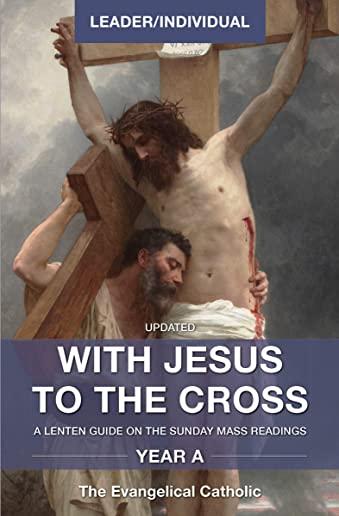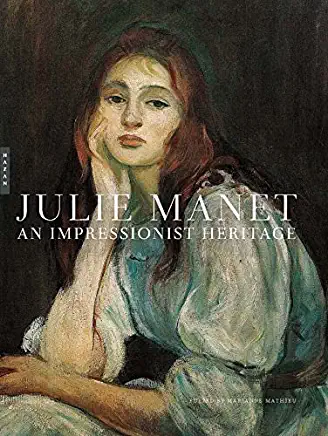
description
1
On the pivotal year that launched Philip Guston into the final, daring decade of his career
In 1970, Philip Guston (1913-80) went public with his return to figuration, in an infamous show at the Marlborough Gallery in New York City, a show that garnered devastatingly negative reviews--Clumsy, embarrassing and simple-minded, culminating in Hilton Kramer's infamous A mandarin pretending to be a stumblebum.
Immediately after, he left the country for a residency at the American Academy in Rome that lasted into 1971. Resilience: Philip Guston in 1971 sheds light on the pivotal year that launched Guston into the final prolific decade of his career, during which he painted what are now celebrated as some of the most important works of art of the 20th century. This volume includes examples from two major series of that year: the Roma paintings, works spurred on by Guston's year among the ruins and landscape of Rome; and the Nixon drawings, narrative satirical drawings produced in response to the political and social turmoil back in the United States. Together, these series bear witness to an artist at the height of his powers, wholly responsive to his world. Lavish plates capture the variety of cadmium red, pinks and whites in the Roma paintings, as well as the withering details of the Nixon drawings. This volume also includes a text by Musa Mayer, Guston's daughter, that offers an intimate view of her father's state of mind throughout 1971. --Patrick James Dunagan "Rain Taxi Review of Books"member goods
No member items were found under this heading.
Return Policy
All sales are final
Shipping
No special shipping considerations available.
Shipping fees determined at checkout.







